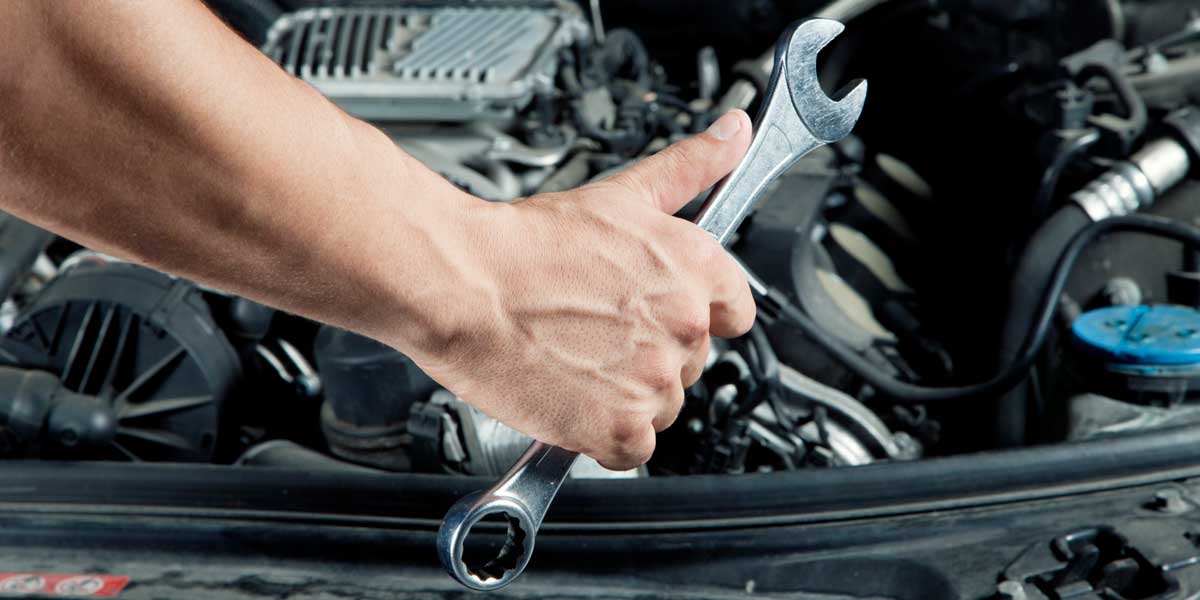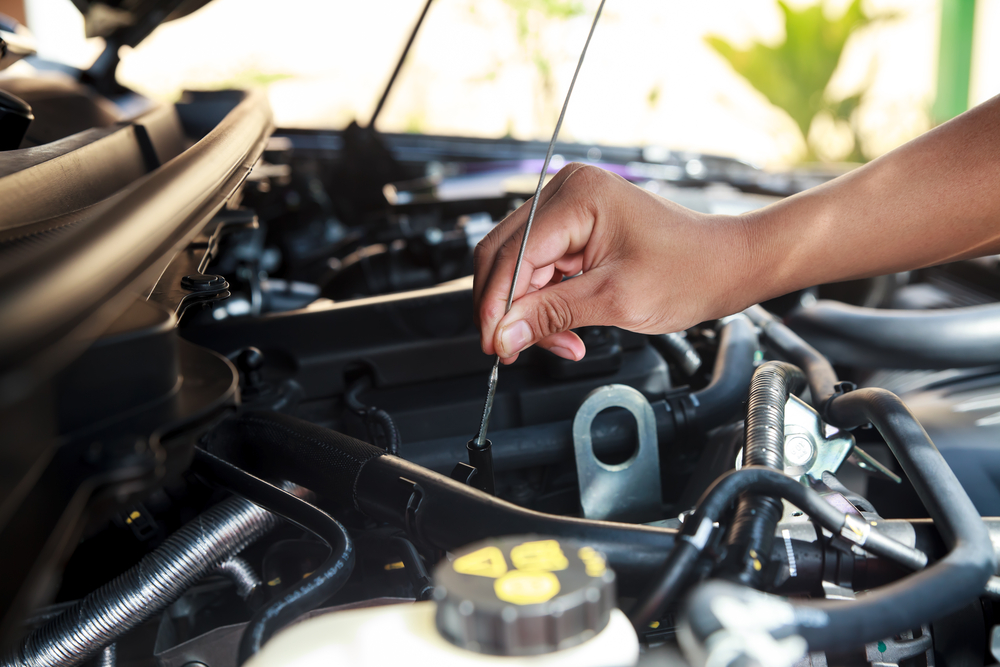All Categories
Featured
Unforeseen vehicle repair work can disrupt your financial resources, making automobile repair service insurance an eye-catching alternative for several drivers. Whether you're a brand-new vehicle proprietor or handling an older vehicle, recognizing the information of auto repair service insurance policy and protection is essential for making informed choices.
What Is Automotive Repair Work Insurance?
Automotive repair insurance policy, usually called mechanical failure insurance (MBI), is a policy made to cover the expenses of replacing or fixing lorry elements after a breakdown. Unlike standard automobile insurance coverage, which resolves accident-related problems, repair service insurance policy concentrates on mechanical concerns unconnected to crashes.
What Does It Cover?
The particular coverage varies depending on the insurance firm and the plan you select. Generally, repair work insurance covers:
Engine Services: Including components like the timing belt, pistons, and cylinder heads.
Transmission Repair Works: Treatment the gearbox and relevant parts.
Electrical System: Attending to problems with generators, starters, and onboard computer systems.
Air Conditioning and Home Heating Equipments: Such as radiators, thermostats, and air conditioning devices.
![]()
Steering and Suspension: Consisting of shocks, shows off, and power guiding devices.
Nevertheless, policies typically exclude routine upkeep, wear-and-tear things like brake pads or tires, and cosmetic problems.
![]()
Who Requirements Automotive Repair Work Insurance Policy?
While repair insurance isn't necessary, it can be advantageous for:
Proprietors of Older Automobiles: If your auto is out of guarantee, repair service insurance can give peace of mind versus expensive breakdowns.
Regular Travelers: High-mileage motorists are more likely to experience mechanical problems, making protection a rewarding financial investment.
Chauffeurs of Expensive Designs: Deluxe or specialized lorries usually have higher repair service costs, which can be mitigated by insurance policy.
Key Advantages
Financial Defense: Helps prevent large, unanticipated repair work costs.
Flexibility: Policies can be customized to cover details components or systems.
Satisfaction: Decreases tension regarding prospective break downs.
Considerations Before Purchasing
Before committing to a vehicle repair insurance coverage, consider these factors:
Plan Conditions: Testimonial what is and isn't covered to avoid surprises throughout a case.
Deductibles: Understand the out-of-pocket prices you'll need to pay prior to protection starts.
![]()
Service Center Options: Some insurance companies need you to utilize particular repair facilities, which might be bothersome.
Costs Costs: Weigh the yearly price of the plan versus the probability of requiring major repair work.
Existing Guarantee: Examine if your car's producer or supplier warranty already offers enough coverage.
Last Thoughts
Automotive fixing insurance policy can be a useful guard, especially for motorists worried concerning the high costs of unanticipated repairs. By very carefully reviewing policy alternatives and aligning them with your driving behaviors and car requirements, you can choose if this protection is best for you. For added protection, constantly maintain routine car maintenance to decrease breakdown dangers and maximize your insurance coverage benefits.
What Is Automotive Repair Work Insurance?
Automotive repair insurance policy, usually called mechanical failure insurance (MBI), is a policy made to cover the expenses of replacing or fixing lorry elements after a breakdown. Unlike standard automobile insurance coverage, which resolves accident-related problems, repair service insurance policy concentrates on mechanical concerns unconnected to crashes.
What Does It Cover?
The particular coverage varies depending on the insurance firm and the plan you select. Generally, repair work insurance covers:
Engine Services: Including components like the timing belt, pistons, and cylinder heads.
Transmission Repair Works: Treatment the gearbox and relevant parts.
Electrical System: Attending to problems with generators, starters, and onboard computer systems.
Air Conditioning and Home Heating Equipments: Such as radiators, thermostats, and air conditioning devices.

Steering and Suspension: Consisting of shocks, shows off, and power guiding devices.
Nevertheless, policies typically exclude routine upkeep, wear-and-tear things like brake pads or tires, and cosmetic problems.

Who Requirements Automotive Repair Work Insurance Policy?
While repair insurance isn't necessary, it can be advantageous for:
Proprietors of Older Automobiles: If your auto is out of guarantee, repair service insurance can give peace of mind versus expensive breakdowns.
Regular Travelers: High-mileage motorists are more likely to experience mechanical problems, making protection a rewarding financial investment.
Chauffeurs of Expensive Designs: Deluxe or specialized lorries usually have higher repair service costs, which can be mitigated by insurance policy.
Key Advantages
Financial Defense: Helps prevent large, unanticipated repair work costs.
Flexibility: Policies can be customized to cover details components or systems.
Satisfaction: Decreases tension regarding prospective break downs.
Considerations Before Purchasing
Before committing to a vehicle repair insurance coverage, consider these factors:
Plan Conditions: Testimonial what is and isn't covered to avoid surprises throughout a case.
Deductibles: Understand the out-of-pocket prices you'll need to pay prior to protection starts.

Service Center Options: Some insurance companies need you to utilize particular repair facilities, which might be bothersome.
Costs Costs: Weigh the yearly price of the plan versus the probability of requiring major repair work.
Existing Guarantee: Examine if your car's producer or supplier warranty already offers enough coverage.
Last Thoughts
Automotive fixing insurance policy can be a useful guard, especially for motorists worried concerning the high costs of unanticipated repairs. By very carefully reviewing policy alternatives and aligning them with your driving behaviors and car requirements, you can choose if this protection is best for you. For added protection, constantly maintain routine car maintenance to decrease breakdown dangers and maximize your insurance coverage benefits.
Latest Posts
Improve Your Hyundai Ownership with Ron Marhofer Hyundai's Unique Programs
Published Apr 20, 25
1 min read
Discover the Perfect Carpet for Your Home
Published Apr 20, 25
1 min read
NAPA AutoCare Certified: Trust Montclare Auto Repair for Top-Tier Repairs
Published Apr 20, 25
2 min read
More
Latest Posts
Improve Your Hyundai Ownership with Ron Marhofer Hyundai's Unique Programs
Published Apr 20, 25
1 min read
Discover the Perfect Carpet for Your Home
Published Apr 20, 25
1 min read
NAPA AutoCare Certified: Trust Montclare Auto Repair for Top-Tier Repairs
Published Apr 20, 25
2 min read